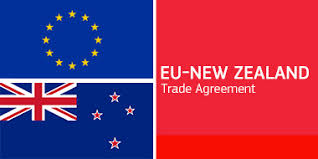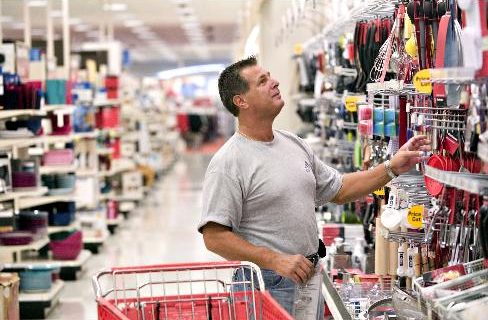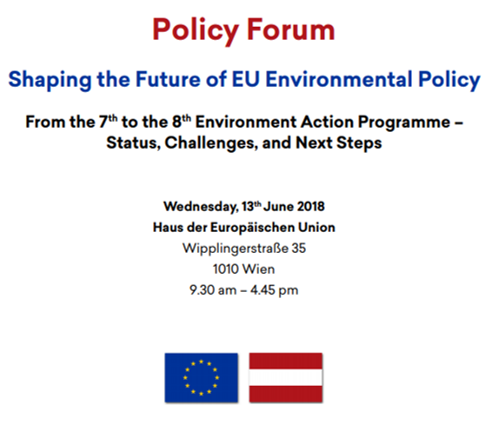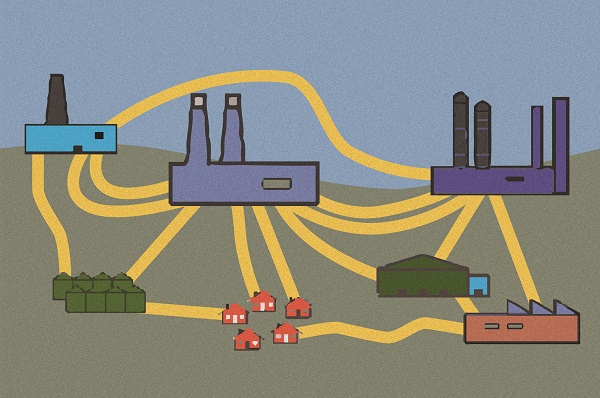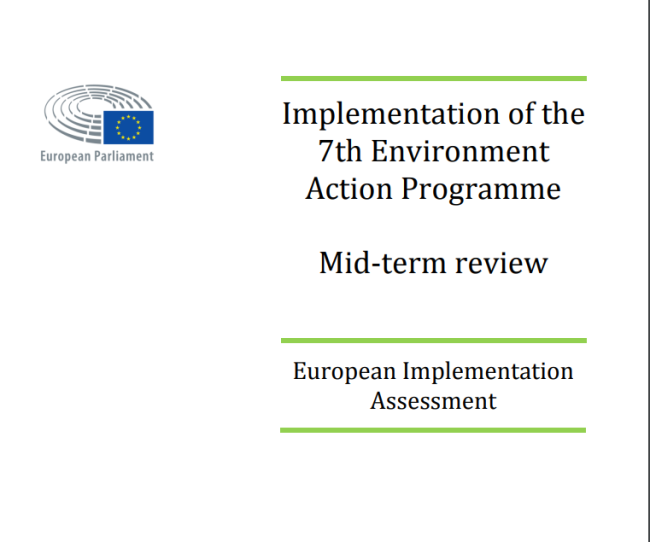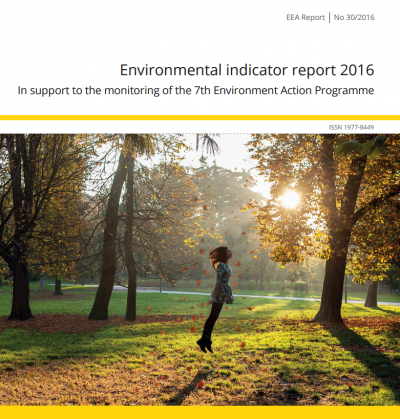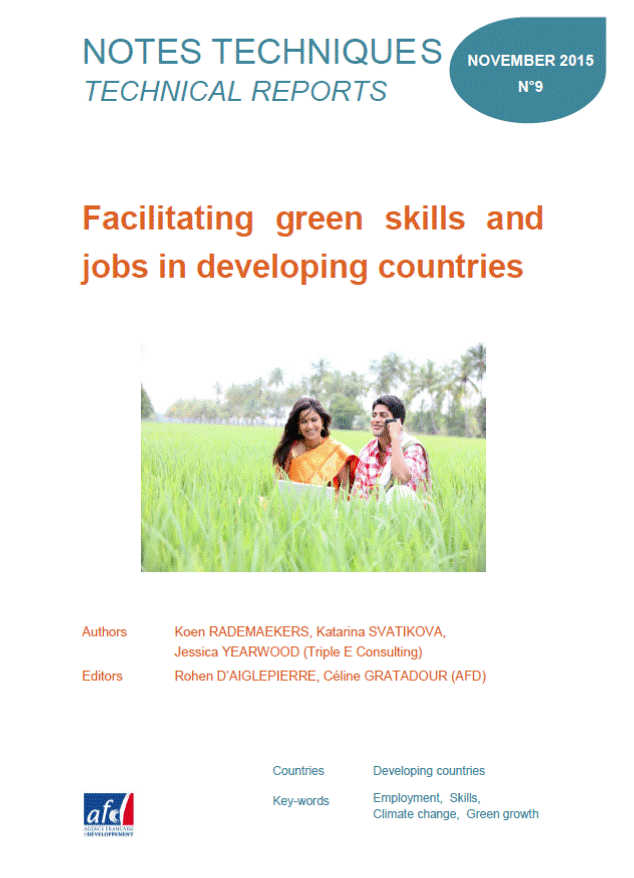What are the territorial impacts of natural hazards in Europe?
This is the question that Trinomics and our partners aimed to answer through the recently finished ESPON EU-TITAN project (“European Territorial Impacts Tackled by improved economic Appraisal of Natural Disasters”). Using innovative methodologies, the project analysed the distribution and territorial patterns of the impacts of four natural hazards that often occur in Europe, namely river floods, storms, droughts, and earthquakes. Trinomics’ work specifically focused on…


![2_CTCN_Logo[1][2][1]](https://trinomics.eu/wp-content/uploads/2020/11/2_CTCN_Logo121-650x223.png)






